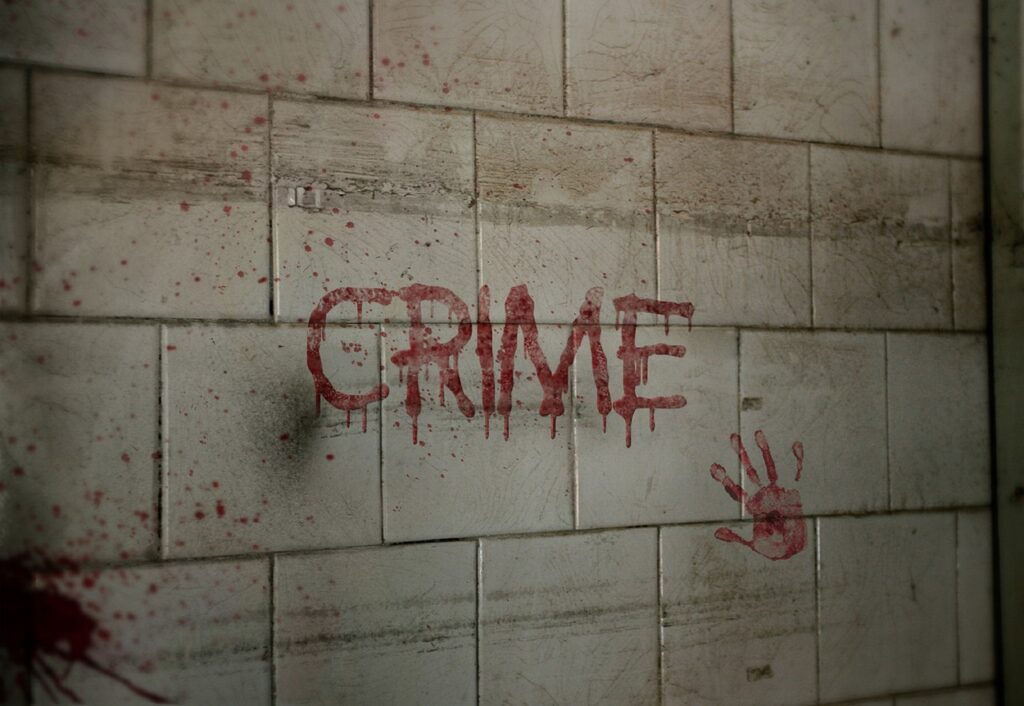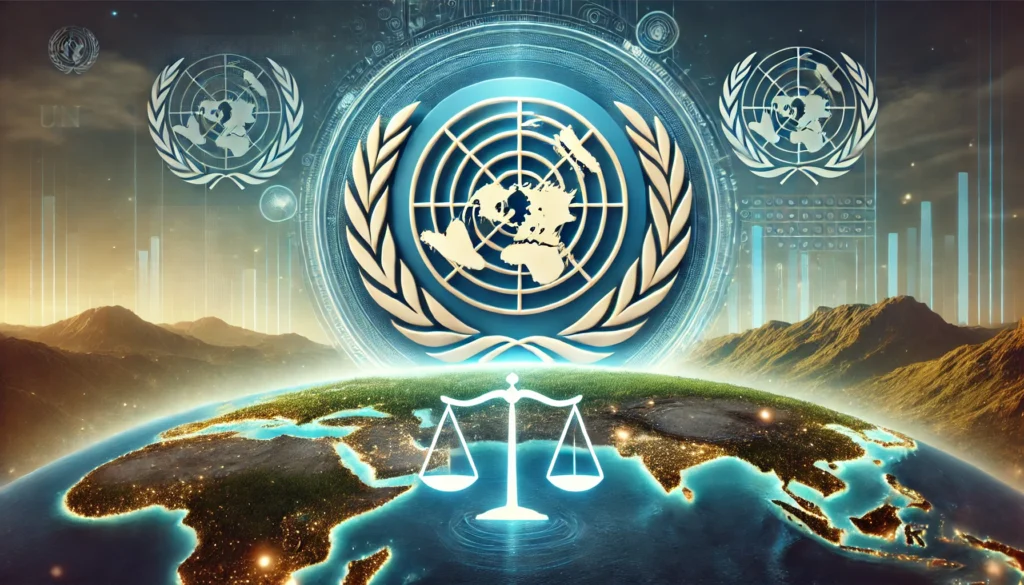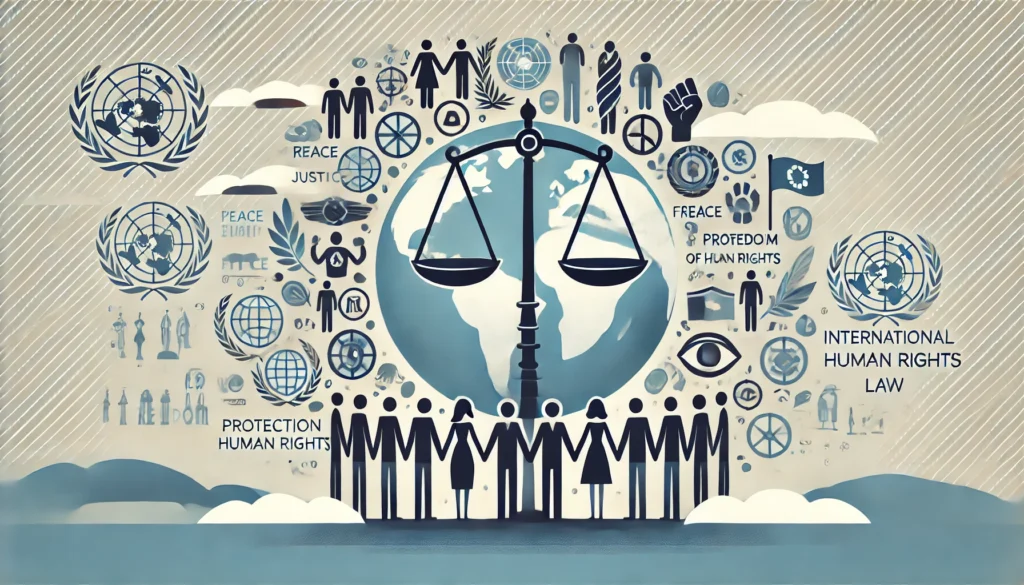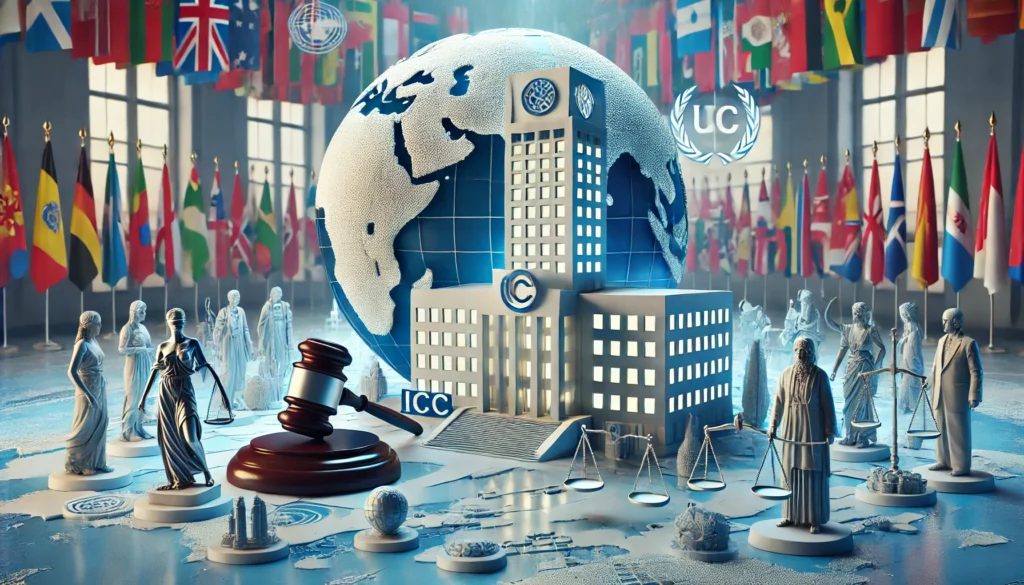Published on 23rd June 2025
Authored By: Devang Pandey
Brahmanand (Chhatrapati Shahu Ji Maharaj University)
Introduction
War crimes are among the most heinous violations of international law, often involving the deliberate targeting of civilians and other protected persons during armed conflict. These crimes disrupt peace, cause severe suffering, and pose a threat to global security. As global awareness of these crimes increases, the international community has developed frameworks for their prosecution.
The Role of International Justice Systems
The International Criminal Court (ICC) was established as the primary body to prosecute war crimes, aiming to ensure accountability for those who commit egregious violations of international law. This article explores the effectiveness of the ICC and the major challenges in prosecuting war crimes, alongside the role of international law in achieving justice.
Understanding War Crimes
1. Defining War Crimes under International Law
Key Legal Instruments
War crimes are defined under the Geneva Conventions of 1949 and their Additional Protocols, as well as the Rome Statute of the ICC. These legal frameworks outline a broad range of actions prohibited during armed conflict, such as the deliberate killing of civilians, the use of prohibited weapons, and the destruction of cultural heritage.
The Legal Basis of War Crimes
Under international law, war crimes are not just limited to violations of treaty law but also include crimes committed against the laws of humanity. The Geneva Conventions and Rome Statute both serve as guiding documents for international prosecutors when categorizing and prosecuting these crimes.
2.Types of War Crimes
International Armed Conflicts
War crimes committed during international armed conflicts can involve actions such as the targeting of non-combatants, the use of chemical weapons, and attacks on civilian infrastructure. These acts violate international humanitarian law (IHL) and are punishable under the Geneva Conventions.
Non-International Armed Conflicts
In non-international armed conflicts, war crimes can include the recruitment of child soldiers, arbitrary executions, and the use of torture. International law holds that such crimes are equally serious, irrespective of whether they occur in conflicts between states or within a state.
The Role of the International Criminal Court (ICC)
1.The Creation of the ICC
The Rome Statute and Its Mandate
The International Criminal Court was established in 2002 by the Rome Statute, which laid the foundation for international criminal justice. The ICC’s primary function is to prosecute individuals accused of committing serious international crimes such as war crimes, genocide, and crimes against humanity.
Complementarity Principle
A central feature of the ICC’s mandate is the principle of complementarity, meaning that the Court only intervenes when national jurisdictions fail to prosecute these crimes. This ensures that national courts have primary responsibility, with the ICC serving as a backup when local legal systems are incapable of handling such cases.
- ICC’s Jurisdiction and Limitations
Territorial and Temporal Jurisdiction
The ICC has jurisdiction over crimes committed on the territories of states that are party to the Rome Statute or those referred to the Court by the UN Security Council. However, its jurisdiction is limited to crimes committed after the Statute’s entry into force in 2002.
Issues with State Non-Cooperation
One of the ICC’s significant limitations is its reliance on state cooperation for arresting suspects and gathering evidence. Non-signatory states to the Rome Statute, such as the United States and Russia, may obstruct the Court’s efforts to enforce justice.
Challenges in Prosecuting War Crimes
1. Political and Geopolitical Obstacles
State Sovereignty and Non-Cooperation
The reluctance of states to cooperate with the ICC presents a major barrier to prosecuting war criminals. High-ranking political figures and military leaders often avoid prosecution due to political alliances or concerns over national sovereignty. Countries may refuse to surrender accused individuals, as seen in the case of Sudan’s Omar al-Bashir.
Influence of Powerful Nations
Geopolitical considerations also play a role in the prosecution of war crimes. Countries with political or military influence often block or delay proceedings when their allies are involved. These political maneuvers compromise the impartiality of the Court and the pursuit of global justice.
2. Selectivity of Prosecutions: Focus on Africa
The Perception of Bias
A critical issue with the ICC is its perceived focus on African countries, with many of its prominent cases involving individuals from the continent. This selective prosecution has led to criticisms that the Court targets weaker nations while ignoring crimes committed by powerful countries or their allies.
Calls for Greater Impartiality
There are growing calls for the ICC to address this imbalance by focusing on all international crimes, regardless of the perpetrator’s political power. This shift could help restore the Court’s credibility and reduce accusations of bias.
Practical Challenges in Investigating and Prosecuting War Crimes
1. Evidence Collection in Conflict Zones
Difficulty of Gathering Evidence in War-Torn Regions
One of the most substantial hurdles in prosecuting war crimes is collecting evidence in conflict zones. These areas are often unstable, and access for investigators is limited. Destroyed infrastructure and ongoing violence also hinder the collection of physical evidence needed for trials.
Challenges in Documenting Atrocities
Collecting testimonies from survivors and witnesses is also difficult. Fear of retaliation from perpetrators or armed groups means that many witnesses are unwilling to provide testimony. This issue is exacerbated in regions where state authorities may be complicit in the crimes.
2.Witness Protection and Security
The Need for Stronger Witness Protection Programs
Witnesses are often subjected to threats of violence or intimidation. The ICC has developed witness protection programs, but these are limited by available resources. Ensuring the safety of individuals willing to testify is a continuous challenge in war crimes prosecutions.
Vulnerabilities of Witnesses in Ongoing Conflicts
In active conflict zones, protecting witnesses becomes even more complicated. Armed groups may target witnesses, making it almost impossible for the Court to secure testimony, further delaying justice.
Legal and Procedural Challenges
1. High Standards of Proof in War Crimes Trials
Proving Intent and Knowledge
To convict an individual of war crimes, the prosecution must establish that the accused intentionally committed the crime and knew that their actions were unlawful. The high burden of proof requires substantial evidence, often including expert testimony, documentation, and physical evidence, which is difficult to gather in conflict zones.
The Complexities of Legal Argumentation
War crimes trials often require complex legal arguments, as prosecutors must link the accused’s actions directly to the international legal definitions of war crimes. This complexity can slow down trials, requiring meticulous preparation and evidence analysis.
2. Jurisdictional Issues and Challenges
Disputes over the Court’s Jurisdiction
Some states challenge the ICC’s jurisdiction, arguing that they have the right to prosecute crimes committed within their borders. This issue can delay proceedings, especially when a country’s leadership is implicated in the crimes.
Resistance from Non-Signatory States
States that have not ratified the Rome Statute, such as the United States, are not bound by the Court’s jurisdiction. As a result, they may not cooperate in investigations or trials involving their citizens or activities, further complicating the process.
The Role of National Courts in Prosecutions
1. Strengthening Domestic Legal Systems
Promoting National Prosecutions
The ICC’s success depends on the capacity of national courts to prosecute war crimes. Strengthening domestic legal systems and promoting accountability within countries can reduce reliance on international tribunals. Building the capacity of national courts is vital to ensuring that justice is achieved even in situations where the ICC cannot intervene.
Transitional Justice Mechanisms
Many post-conflict societies adopt transitional justice measures, such as truth commissions and reparations programs, to address past atrocities. While these mechanisms can help reconcile societies, they may sometimes offer amnesty to perpetrators, undermining the deterrent effect of criminal justice.
2. Impunity and Amnesty in Peace Processes
The Perils of Granting Amnesty
In certain peace agreements, amnesty provisions are used to encourage warring parties to lay down arms and support reconciliation. However, this can lead to impunity, where war criminals avoid facing justice in exchange for political stability. This practice raises concerns about the long-term impact on human rights and justice.
Balancing Peace and Justice
Balancing the need for peace with the need for justice is one of the most challenging aspects of post-conflict recovery. While amnesty may be seen as necessary to end violence, it can also contribute to a cycle of impunity, undermining the rule of law and failing to address the needs of victims.
Reforming International Justice Systems
1. Improving Cooperation Between States
Encouraging States to Fulfill Obligations
To enhance the effectiveness of the ICC, greater international cooperation is essential. States must fulfill their obligations under the Rome Statute, including surrendering suspects and providing evidence. Diplomatic efforts are required to increase state compliance.
International Pressure and Diplomacy
International pressure and multilateral diplomacy can help push reluctant states to cooperate with the ICC. Pressure from the international community, along with incentives for cooperation, can help ensure that perpetrators are brought to justice.
2. Expanding the ICC’s Reach and Capacity
Expanding Jurisdiction
To address concerns of selectivity, the ICC should expand its reach and focus on a wider range of cases, including those involving powerful states. Ensuring that all individuals are held accountable, regardless of their political or military status, will enhance the Court’s legitimacy.
Resource Allocation and Capacity Building
Increasing resources for the ICC’s operations, particularly in areas like witness protection and evidence collection, is critical. Expanding the Court’s capacity to handle complex cases will ensure that justice is served more effectively.
Conclusion
War crimes represent some of the most severe violations of international law, and prosecuting these crimes is essential for global peace and justice. While the ICC plays a central role, significant challenges remain. Political interference, practical difficulties in evidence gathering, and legal complexities all hinder the effectiveness of international justice. Strengthening cooperation, improving national legal systems, and expanding the ICC’s capacity are vital steps in ensuring that perpetrators of war crimes are held accountable. Only through these efforts can the international community achieve true justice for the victims of war crimes.
References
- International Criminal Court, Rome Statute of the International Criminal Court (17 July 1998) <www.icc-cpi.int/sites/default/files/2024-05/Rome-Statute-eng.pdf> accessed 12 May 2025.
- Geneva Conventions of 1949 and Additional Protocols (ICRC 2025).
- Cherif Bassiouni, Introduction to International Criminal Law (Martinus Nijhoff Publishers 2013).
- Robert Cryer, et al., An Introduction to International Criminal Law and Procedure (Cambridge University Press 2010).
- William A. Schabas, The International Criminal Court: A Commentary on the Rome Statute (Oxford University Press 2016).




